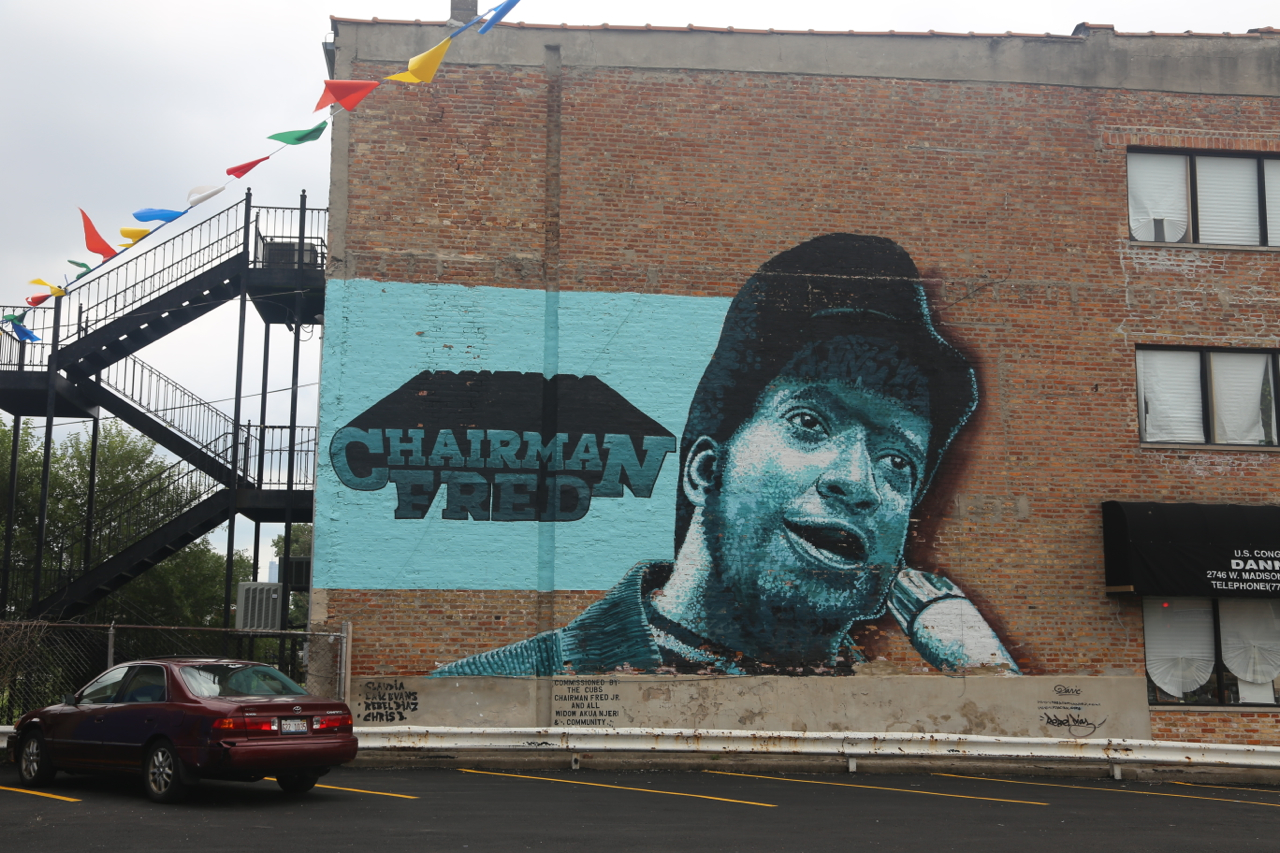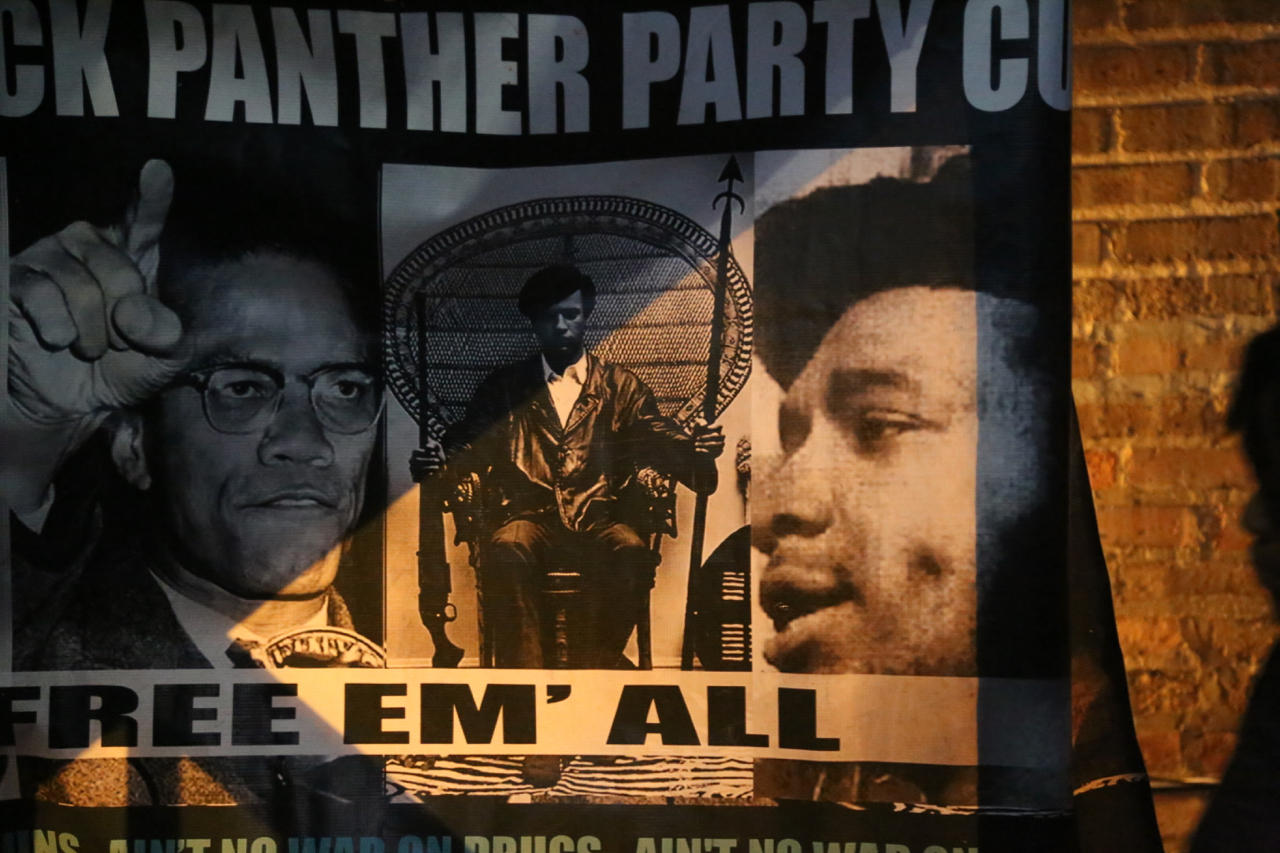This was only the second year that Americans celebrated Juneteenth as a federal holiday. This day of remembrance, and our nation’s oldest African American holiday, recognizes the fundamental reality that citizens can be unjustly barred from rights afforded to them by their government for years. Abraham Lincoln’s Emancipation Proclamation, which reached Texas more than two years after its signing, was followed by the 13th Amendment, which made human enslavement unconstitutional “except as a punishment for crime.” As it is well documented, this exception incentivized the targeted incarceration of Black men for labor, perpetuated slavery, and served white communities that upheld myths about Black criminality.
Icons of abolition and racial justice such as Harriet Tubman, Martin Luther King Jr., and Nelson Mandela lived in eras where their activism and acts of civil disobedience on behalf of other Black lives were considered unlawful and worthy of imprisonment. Yet the history of repression and oppression surrounding their actions greatly mitigates and helps explain them.
In their lifetimes, both Malcolm X and Dr. King were considered radical Black leaders and agitators who divided the nation with their critiques of American culture and society. It is in studying the history of these Black activists accused by their peers of radicalism that we can see the ways in which many were villainized and gradually written out of narratives of Black history. Public school students do not commonly learn about the Stono slave rebellion, the insurrection of Nat Turner, the contributions of Malcolm X, or the most famous revolutionary movement to uplift Black communities with a national network of social welfare initiatives — the Black Panther Party.
More from our decarceral brainstorm
Every week, Inquest aims to bring you insights from people thinking through and working for a world without mass incarceration.
Sign up for our newsletter for the latest.
Newsletter
Founded in 1966 by Huey P. Newton and Bobby Seale, the Black Panther Party for Self-Defense was a grassroots Marxist-Leninist organization that urged members to challenge the endemic pattern of police brutality and false imprisonment of Black people in Oakland, California, with armed patrols. Under its longtime director J. Edgar Hoover, the FBI considered Pan-African and Black nationalist movements such as the Panthers threats to national security, and many were subjected to unlawful surveillance, intimidation, incarceration, and assault. The highest-profile targets of this coordinated assault were the leaders and members of the Black Panther Party. The urgency with which the party demanded an immediate end to police brutality as part of its Ten Point Program was not a sentiment shared by most Americans until, perhaps, 54 years later — when video footage captured the 2020 murder of George Floyd.
When the FBI relentlessly targeted Panthers with a covert campaign of disinformation and infiltration known as COINTELPRO, its tactics resulted in violence, debilitating trauma, and death for many of them. The FBI’s intense efforts to intimidate and imprison Panthers and obstruct their activities led to the party’s eventual disintegration.
The critically acclaimed film Judas and the Black Messiah introduced audiences to the saga of Fred Hampton, the party’s charismatic leader in Chicago. Hampton was a talented orator and grassroots organizer for the NAACP and the Panthers, leading rallies for the construction of an integrated public swimming pool, a free medical clinic, and a program of free breakfast for children. He created Chicago’s first prominent multicultural “rainbow coalition” of politically active organizations that included the Black Panthers, Young Patriots (made up of Southern, working-class, and poor whites), and the Young Lords (a Puerto Rican and Hispanic street gang that became a civil rights organization). Hampton’s alliance quelled infighting among rival gangs and united them for the purpose of collective social change. Hampton was killed in a violent, FBI-assisted police raid in 1969. He was only 21.

This gripping biopic of Hampton’s meteoric rise as a Black Panther centers the stories of racial justice activists wrongfully targeted and villainized as radical and violent more than 50 years ago. This campaign was unrelenting, and Hampton is depicted as recognizing the FBI’s attempt to sow discord among them. In one of the film’s best scenes, Hampton, brilliantly played by Daniel Kaluuya, explains that the FBI used the same tactics to demoralize Dr. King and Malcolm X. When a powerful gang leader asks, “And what happened to them?” Hampton answers, “Same shit that’s going to happen to all of us. At least they died for the people. We should be so lucky.”
As more people become aware of this history of state repression and violence, and as our own national institutions give these Black revolutionaries the historical recognition they’re due, it is hard to believe that some of those Panthers of the ‘60s and ‘70s still languish in prison for their activities today. In April, Dr. Mutulu Shakur, the stepfather of hip-hop icon Tupac Shakur, pled for his mandatory release before the federal parole commission, and for the ninth time, the commission denied it. Dr. Shakur has been incarcerated since 1986 over his alleged role in serious and violent crimes as a Black militant and was scheduled for mandatory release in February 2016. There’s no legitimate reason to keep him imprisoned. He is 71; his health is deteriorating from bone marrow cancer and treatment, as well as COVID-related symptoms; he has maintained good behavior while incarcerated; he mentors others on the inside; and he possesses a network of family and friends advocating for his release. All of these are key indicators that he poses no risk to anyone. And yet his request for parole was arbitrarily denied once again. A federal judge has separately denied his request for compassionate release.
Other Black Panthers in prison include Mumia Abu-Jamal, who was sentenced to die there and for many years has been fighting an uphill court battle for a new trial. And, until very recently, Sundiata Acoli, who, at 85, was granted parole in May. In the ruling that gave him his freedom, Justice Barry Albin of the New Jersey Supreme Court wrote that the court was motivated by neither sympathy nor compassion in its decision. Rather, the law of parole demanded it. “However much we may abhor the terrible crimes that Acoli committed,” Albin wrote, “he was sentenced and punished according to the law in effect at the time of his offenses — and he is protected by that same law, the law that we are duty-bound to uphold, the law that gives him the right to be paroled today.” Albin acknowledged the public pressure officials face in high-profile cases involving law enforcement officers. “Neither government agencies nor our courts can bow to public outrage in enforcing the law,” he wrote. “Even the most scorned member of our society is entitled to be sheltered by the protection of the law, no matter how hard and vengeful the winds of public opinion may blow.”
Both Shakur and Acoli have faced parole hearings where they were presumptively entitled to release under the law. Yet in these and many other cases where aging prisoners would welcome the opportunity to go home, parole boards routinely look to the past and fixate on the original conviction, its surrounding circumstances, and other trivialities, with little or no regard for the people standing before them and their capacity for atonement, growth, and reform. As Albin noted, “The Board … lost sight that its mission largely was to determine the man Acoli had become.” Echoing some of the state supreme court’s conclusions, Shakur’s attorney, Brad Thomson, has explained that “due to bureaucratic and administrative failures, arbitrary abuses of discretion, and inconsistent applications of the law, Mutulu and most others in his position have been denied the relief that were designed for them.”
Outside of this broken parole process, both sitting presidents and state governors could acknowledge that the activities of these militants represented but one dimension of a broader struggle against an intolerable, centuries-long, state-sanctioned system of white supremacy and oppression — and grant them clemency. But with their requests for clemency and parole hearings regularly denied, clearly the current mechanisms for release are ineffective and imperfect. The legal system that convicted these Black militants is also imperfect, and their release after many decades of imprisonment would be a step toward that recognition.
The hard-to-shake myths of American innocence and an impartial justice system have coalesced to criminalize Black militants in unyielding ways that do not acknowledge any missteps or past errors. Our system of mass incarceration is notorious for condemning people to die in prison, no matter a person’s age or station in life. The United States seems to stand alone in sending children to life imprisonment without parole. It also systematically denies parole to people older than 65. As for the terminally ill, the Bureau of Prisons approved only 6% of the 5,400 applications it received for compassionate release between 2013 and 2017. And the severity of the original crime and a belief that punishment should never cease continue to be a key obstacle to their release.
This notion that punishment should be perpetual applies with special force to the case of Black militants convicted of killing white police officers. To be perfectly clear, political violence and extremism are destructive forces in all societies. Yet one of the most infamous failures of justice involved Newton, the Black Panthers co-founder, whose arrest followed a violent confrontation with police that resulted in the death of one officer. None of this prevented courts from overturning his convictions, subsequent retrials that resulted in hung juries, and his eventual release with all charges dropped. The possibility that Black militants were responding to racially motivated police violence or were wrongfully surveilled, arrested, and convicted as a consequence of their political activism mitigates many of their cases. At the very least, their systematic targeting should prompt us all to have reasonable doubts about why the state prosecuted them in the first place.
At the very least, the systematic targeting of Black militants should prompt us all to have reasonable doubts about why the state prosecuted them in the first place.
Yet the argument here, decades after their various convictions, is that former Black Panthers like Shakur now qualify for release because they have served their sentences years beyond their mandatory release dates. And like them, many elderly inmates who have peacefully served decades in prison for their offenses no longer pose a threat to society; quite the opposite, they require medical care and immediate release. The mismanagement, corruption, and racism of our penal system continue to bar thousands of incarcerated Americans from obtaining the freedom that state and federal laws already guarantee them. The history of Juneteenth compels us to end this painful pattern. How beautiful would it be for this holiday to be associated with the necessity of swift emancipation not only in the context of antebellum slavery, but also in this era of mass incarceration.
Header image: Daniela Kantorova/Flickr

